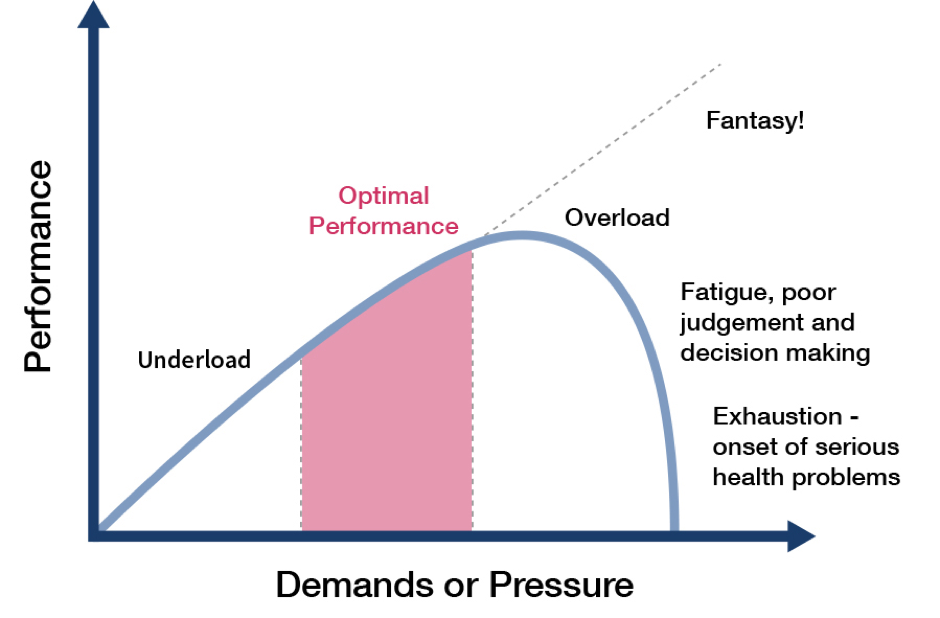Effective performance management equals a robust process, regular feedback, rock-solid calibration and not a soggy bottom in sight.
The Great British Bake Off is cult viewing in our house. My daughter came back from Uni for the evening just so she could watch the final at home with her brother.
This week, as my son reluctantly filled Tuesday evening’s Bake Off-shaped hole with GCSE homework, I was putting the finishing touches to a leadership development programme, and reflecting on what we could learn from the process which has absorbed so much of our attention over the past few months.
Here are 8 things we can learn, (which will mean your time watching Bake-Off was very well spent!)
-
Outline a clear process:
Everyone needs to know what’s going to happen and when. Just as the bakers know all the key dates and the rhythm and pace of the programme, so your teams need to know the stages, milestones and dates of your process. This needs to be clear, transparent, well communicated and adhered to, at the start of the performance year.
-
Set SMART objectives and clearly describe success:
The bakers know they need to complete 3 very specific challenges every week: they are told the timescales and they have the ingredients and recipe for a good bake. Likewise, we need to provide our teams with clear descriptions of success. Whatever terminology you use within your organisation, if people are to be rated as excellent or exceeded, well met or successful, met or satisfactory, (or not met), they need to be provided with specific descriptions of the benchmarks for each level – at the beginning of the process. We have worked with organisations who themselves haven’t clearly established what each level looks like, and not surprisingly, they often encounter resistance and lack of trust in the process within the organisation. Clear, well communicated, consistent benchmarking is critical.
-
Regular progress reviews:
The bakers are assessed after each challenge, so they have a good idea about how they are doing as the competition progresses, and each week there is a winner and a loser. We certainly aren’t going to turf people off our teams, we probably aren’t even going to regularly rank them, (unless there’s a leaderboard, which can work well in some environments eg Sales). However, regular reviews provide an essential opportunity to assess people’s progress and maybe re-concentrate their efforts. There are any examples of early high-achievers being overtaken by over-looked underdogs – last series there was much discussion over the “Curse of Star Baker!”
-
Give specific feedback:
The judges are good at making their feedback specific. They may start with a generalisation, eg “it looks messy”, but they follow it with very clear, focused comments, analysing different aspects which contribute to success, from appearance, to flavour, to texture. This enables the bakers to understand eactly what went well and what could have been improved, which a simple “that was great”, or “that needs improvement” would not enable.
-
Pressure affects performance:
It is gripping to see how the bakers cope with the increasing pressure as the weeks go by, culminating in the huge pressure of the final, where not everyone produces their best work. Sophie’s calmness under pressure played a key role in her success. Dr Paul Hersey, co-creator of the fantastic Situational Leadership model, says high expectations coupled with high support creates the best performance. (Read more here ). We need to manage the pressure our teams are under, with this bell curve in mind. A certain degree of pressure increases results, but is not sustainable long-term, and needs to be accompanied with high levels of support.

-
Calibration is key:
The discussion at the end before the winner is announced is a great example of the calibration process in action. After feedback has been given, and individual performance has been evaluated, your managers should get together for a discussion, (ideally facilitated by Sandi and Noel, but if they aren’t available, I’m sure your HR department will be equally capable, although their shirts may not match Noel’s for impact.) Here, managers compare notes and ensure they are assess individuals by the same standards. Only then are people’s ratings disclosed and communicated. The credibility of the whole performance management process rests on the integrity of this calibration.
-
Never underestimate potential:
Many of the winners have gone on to achieve success, but Nadia stands out amongst recent winners in my eyes. Any regular viewer will remember the winner’s speech she gave in 2015. She had won a hugely important victory over her own internal limiting beliefs, and delved deep into her untapped potential, reducing us all to tears when she declared “I’m never going to put boundaries on myself ever again. I’m never going to say I can’t do it.”
-
Confidentiality is essential:
As poor Prue discovered, breaching confidentiality, despite your best intentions, can cast a huge shadow. At work, this can threaten the credibility of your whole process. By inadvertently tweeting the winner’s name before it had been officially announced, she risked jeopardising all the good work she had put into building her reputation as a judge. The power you hold when managing performance must be treated with the utmost respect, whether you are assessing bakers, or workers within your organisation. What this unfortunate slip-up did show was how amazingly confidentiality has been respected by such a large number of people over so many years. This needs to be true for your business too.
So, in a nutshell, if you’ve spent every Tuesday night this autumn watching Bake-Off, you can put that down as personal development time.
What you were really doing on your sofa was fine-tuning your performance management skills.
At ESB Training, we help new and developing managers become confident leaders.
If you are interested in transforming your own leadership skills, or those of your team, please message us to learn more about our new “Step Change to Leadership” personal development programmes, available via 1-1 coaching or group workshops.
We can also help create a coaching culture within your organisation, with our ILM Approved coaching programmes.
Click here to learn more, or please contact me directly.
[btn text=”Contact us to book a free discovery call” tcolor=#FFF bcolor=#5a6889 thovercolor=#6d98bf link=”https://www.esb-training.co.uk/contact/” target=”_self”]

